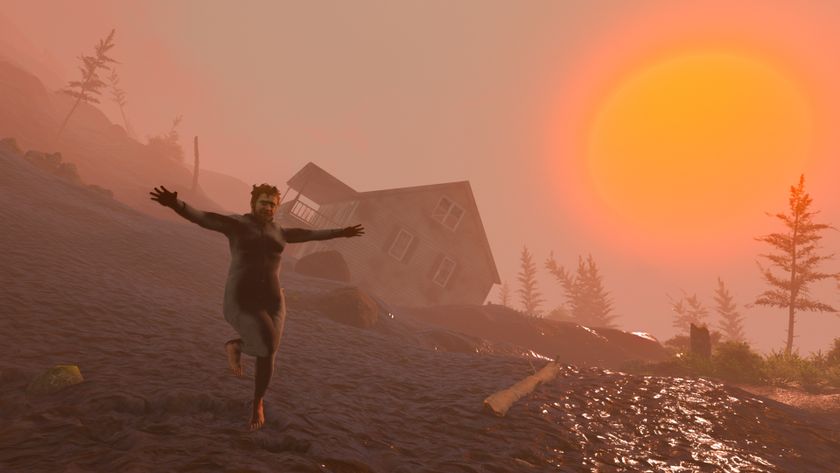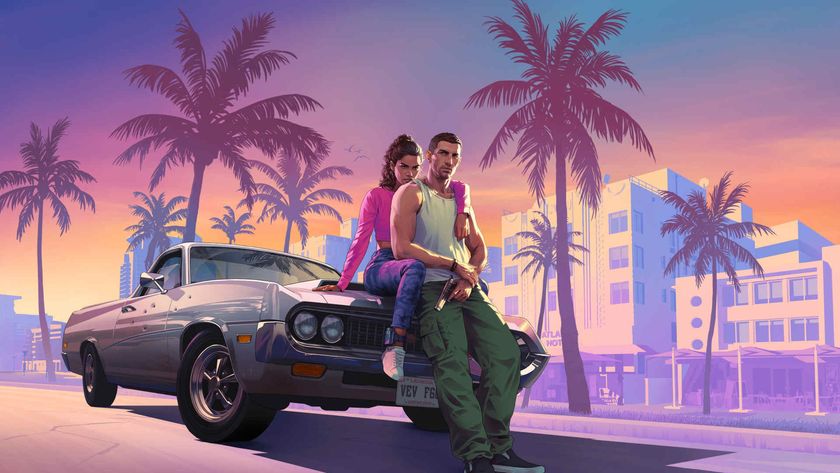Ignore the rumors, there won't be a Switch 2 for quite some time
Industry analysts on why the Switch 2 is a couple of years away, and why that's undoubtedly a good thing
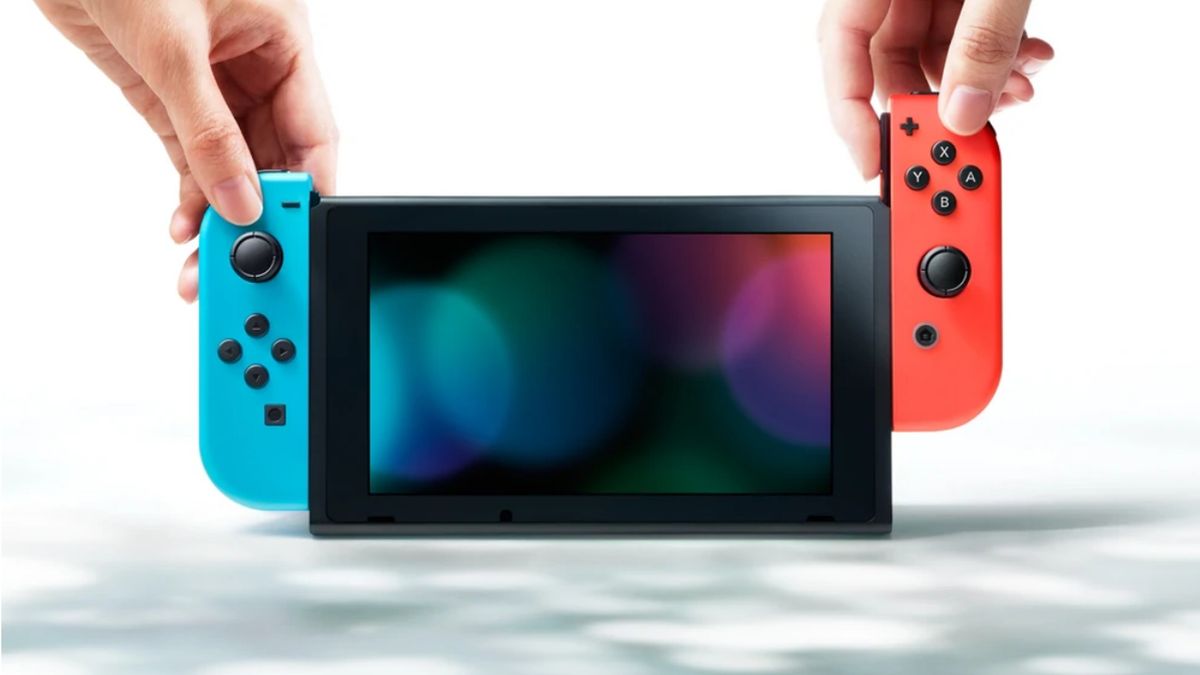
Where is the Switch 2? It isn't an outrageous question. You see, it's usually around four years in a console's life when, no matter how well it's doing, gamers start thinking about the manufacturer's next piece of hardware. Recently, we've seen lots of rumor and speculation around the lifespan of the Nintendo Switch, now five years old, and a long way behind PS5 and Xbox Series X in terms of technical specifications. Just before the Switch OLED arrived, there were plenty of pundits forecasting a Nintendo Switch Pro edition of the machine, with a buffed architecture – now we're seeing gossip concerning a Switch 2 with powerful new Qualcomm Snapdragon chipset and 4K visuals. Every time there's a new Nintendo Direct, Switch 2 starts trending. But, I'm here to tell you that we may need to just chill the heck out.
Back in February, in an interview with Japanese newspaper Nikkei, Nintendo president Shuntaro Furukawa made it clear that although the R&D department is certainly working on a Switch successor, it could take "several years' for it to arrive. In that quote he underlined something very important about Nintendo's hardware philosophy: "In the end, the deciding factor in whether or not to commercialize a product is whether it can create a new experience." Nintendo very rarely launches new products simply because some new processor or memory technology has arrived: instead, its design teams are motivated by providing fresh user experiences and if that can be achieved through the innovative employment of cheap, widely available components, even better.
Most Nintendo fans will be familiar with the philosophy expounded by the company's legendary engineer Gunpei Yokoi: "lateral thinking with withered technology". His masterpiece, the GameBoy, used an ancient processor and a monochrome screen, and sold 118m units; the Wii was a set-top box with a motion sensor for a controller. Unless a major new hardware launch gives something genuinely new to players, it's of no interest to Nintendo. And while the current Switch can support multimillion selling games, it will remain an active platform.
Settle in with the Nintendo Switch
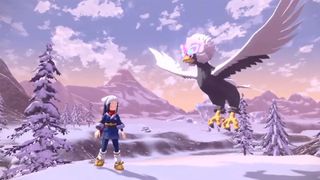
"It is the games that make my relationship with the Switch different."
Dr. Rachel Kowert, Take This Inc
In some quite fundamental ways, the Nintendo Switch is actually the most modern console currently available. Forget about tech specs for a moment and think about audience, think about the world we live in. Obviously, one of the major selling points of the console is its portability. You can play on the train, in a bar, or at home and have the same experience no matter where you are in that moment. This would always have been attractive, but it's particularly welcome now, in an age where a lot of the old expectations – home ownership, a lifelong career, being part of a stable community – have broken down for a lot of people. We're more mobile now than we ever have been, so a console that can go with you from parental home to student housing (and back), as well as flatshares and multiple relationship breakdowns, is incredibly useful. In an age of very few reliable constants – the Switch is always there.
This element is supported beautifully by the Switch's industrial design: you can set it up on a table wherever you are, give everyone a controller, and you're having a classic lounge multiplayer experience. Even if you're miles from home, even if everything else in your life is a bit of a mess, you can set the Switch down and it creates a comforting domestic space. That is incredibly compelling, and it's something a new processor won't really fundamentally affect.
The whole debate around graphics, which sparked into life recently when some gamers criticized the visuals in Pokemon Legends: Arceus, is in a lot of ways, a misunderstanding of the console's wider appeal. When YouTube arrived in 2005, it had starkly inferior video quality compared to a lot of its competitors, but it won because it was convenient, multifaceted, and accessible. The sound quality on Spotify is not as good as rival services, but it has 180m subscribers because it is – again – convenient, multifaceted, and accessible. The obsession with escalating technology for its own sake, which has been the industry MO for 40 years, could be facing troubling times thanks to ongoing manufacturing delays and shortages of materials. Suddenly, Nintendo's mantra of recycling seemingly outdated tech isn't quite so quaint and eccentric.
"Nintendo wasn't immune to shortages in 2021: the new OLED model would have sold more if the company had managed to assemble and ship higher volumes into the regions," says Piers Harding-Rolls at analysis firm. "But overall, I think there are a few reasons Nintendo has been more immune to component shortages. The older and established technology found in the Switch means production of components will be consistent and predictable. The longer time the Switch has been available compared to the PS5 and Xbox Series consoles means a more established supply chain for key components. Its relatively high volume of sales and their predictability puts it in a solid negotiating position when it comes to securing components. Aside from that, general availability for components that go into the Switch seem to have been well managed."
Sign up to the 12DOVE Newsletter
Weekly digests, tales from the communities you love, and more

"I think what Nintendo has done amazingly well is to try things out with each new generation. They seem to take a step back and think about what humans want and how they behave."
Dan Croucher, lead producer at Roll7
In terms of games, Nintendo has, of course, always had the biggest franchises in the world to call upon – and titles such as Mario Kart, Super Mario Bros, and Super Smash Bros are just intrinsically playable, no matter how old they are. They will sell as long as Switch consoles are available. What these games do is allow the machine to become a seamless part of the family. "It is the games that make my relationship with the Switch different," says Dr. Rachel Kowert, research director at Take This, Inc, a mental health charity working within the games industry and gamer communities.
"The casual pick up then put down kind of games – for example, Mario Kart, Mario Party, and Animal Crossing. All of these games are fun, light-hearted, generally low-stress, colorful, cute, and playable with every member of my family, regardless of age. The intuitive controls and limited amount of buttons and knobs on the controller itself also helps for Nintendo titles to be easily mastered by the littlest of hands in my family. For me, that is a uniquely Switch experience."
But what Nintendo has also managed with Switch is to create an environment that welcomes smaller studios too. "I think the bespoke hardware choices on Wii and 3DS, while bringing new game experiences, made it harder for small or cross-platform developers to bring their games to those consoles easily," says Dan Croucher, lead producer at Roll7 which has just brought its open-world skating sim OlliOlliWorld to Nintendo's machine. "Switch has removed most of that by being less innovative maybe but more 'straightforward' in hardware terms, easy to develop for and feeling less closed to third-parties than previous generations. It's managed to keep all the things players love about Nintendo consoles and the ecosystem, and also replaced both the home console and portable console for players who like to mix and match."
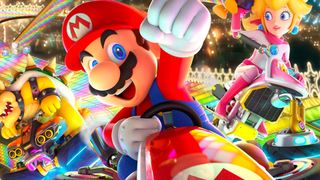
A new Switch this year? I don't think so. It may be teased this Autumn, but I'm thinking the latter half of 2023 at the earliest. Longevity and creative function over technological form have always been the throughlines of Nintendo's approach. For all the people who complained about the Pokemon Legends: Arceus visuals there were others who just didn't notice, didn't care or liked the simple, highly-stylised aesthetic. Industry insiders laughed when they first saw the Wii because elements of user experience such as intuitiveness and affordance are still such under-appreciated elements of this crazy business; while Microsoft and PlayStation insist on making controllers that add layers of complexity to an already specialist piece of kit, Nintendo will keep watching kids, grandparents, office workers, and students to figure out what makes them happy.
This is something Dan Croucher caught so beautifully in one answer he gave me about the success of Switch. "I think what Nintendo has done amazingly well is to try things out with each new generation. They seem to take a step back and think about what humans want and how they behave." I think maybe we all need to do that more often.
The Switch 2 may be a ways away, but the best upcoming Switch games aren't too far around the corner.
Keith Stuart is an experienced journalist and editor. While Keith's byline can often be found here at 12DOVE, where he writes about video games and the business that surrounds them, you'll most often find his words on how gaming intersects with technology and digital culture over at The Guardian. He's also the author of best-selling and critically acclaimed books, such as 'A Boy Made of Blocks', 'Days of Wonder', and 'The Frequency of Us'.
